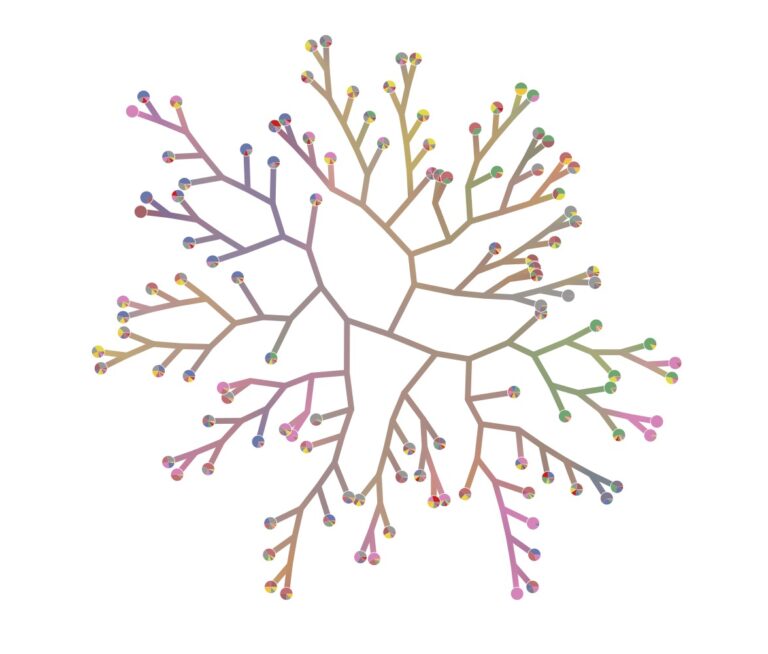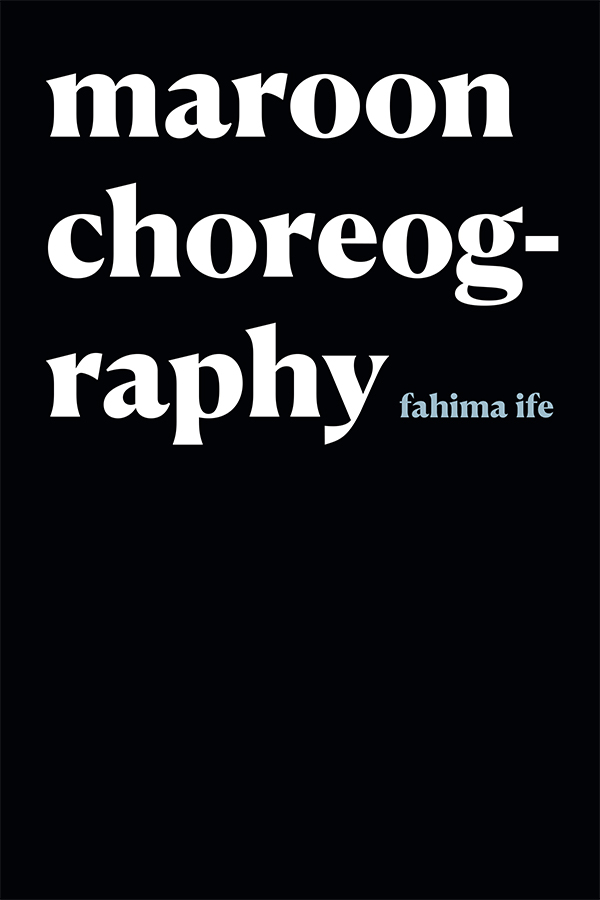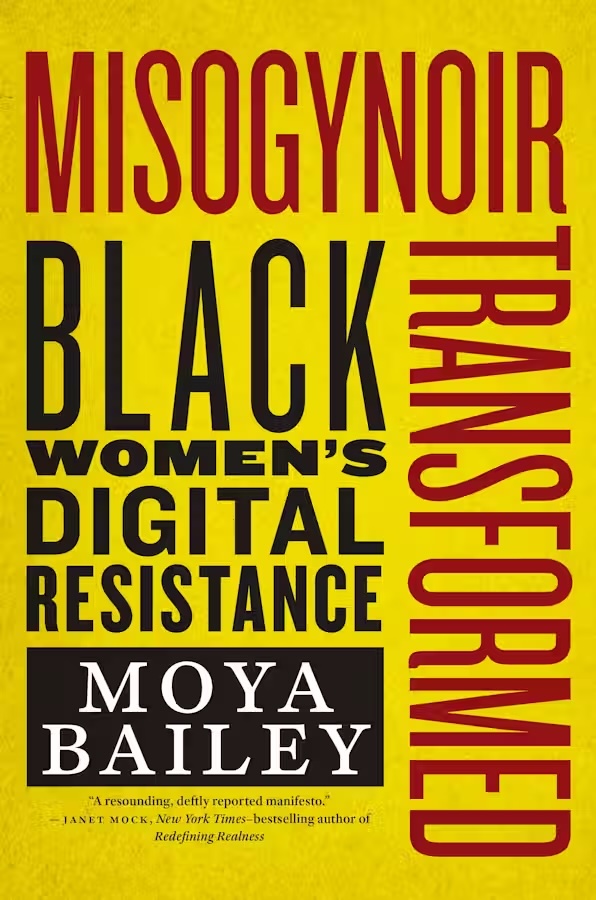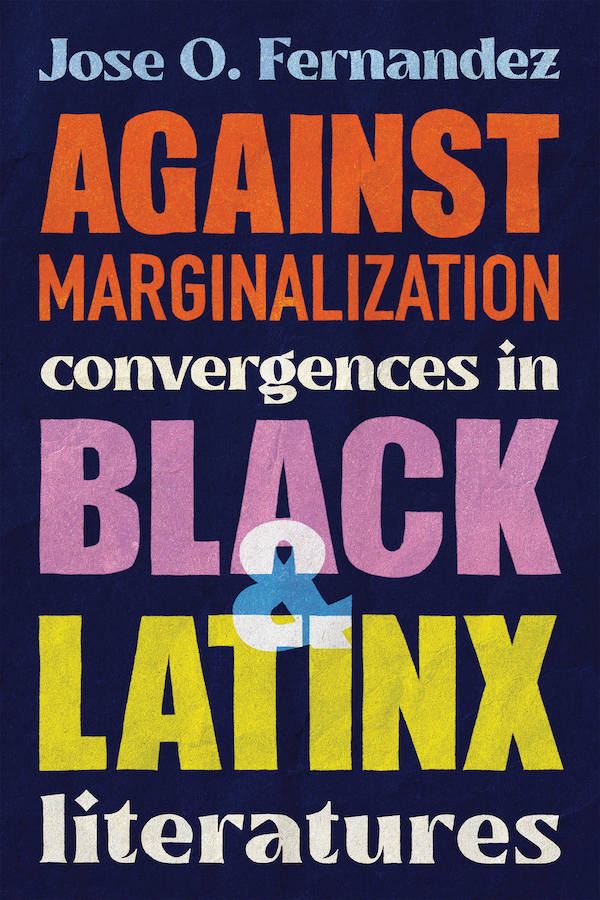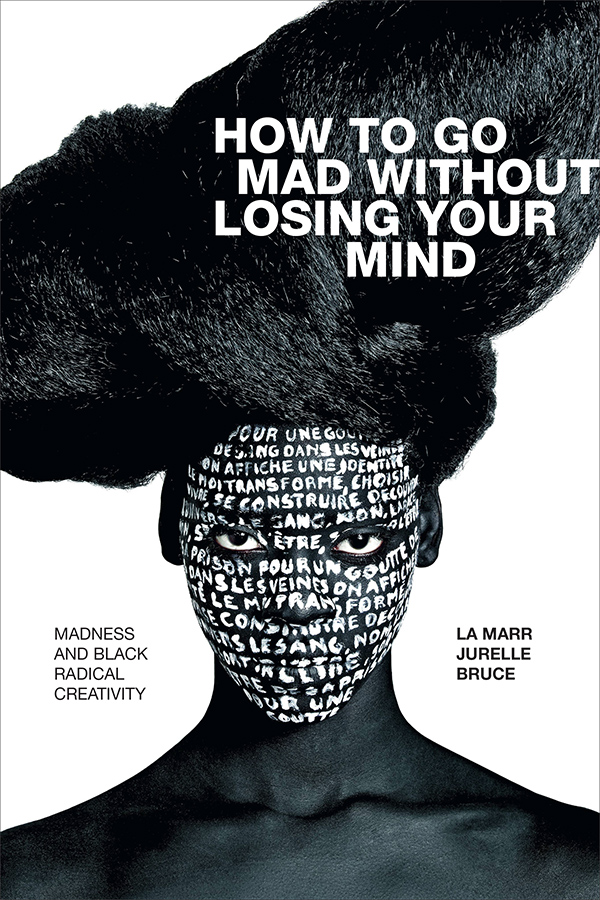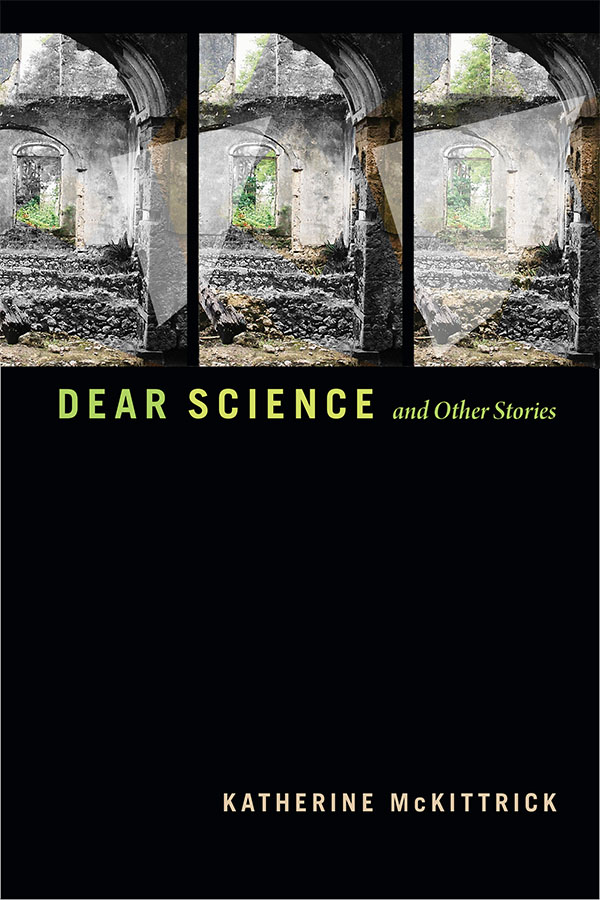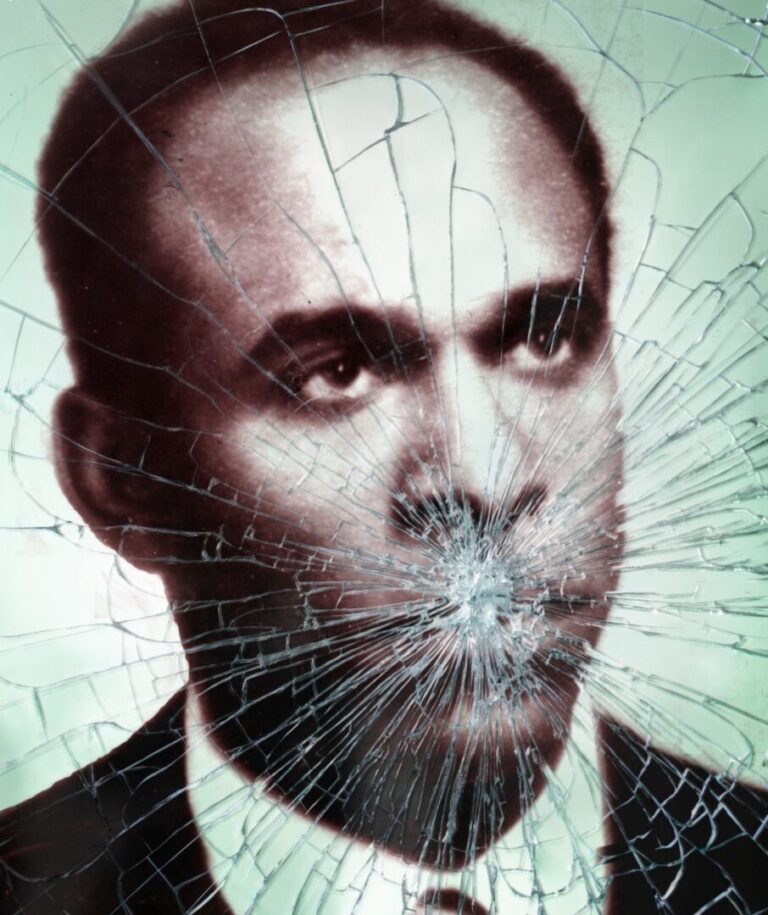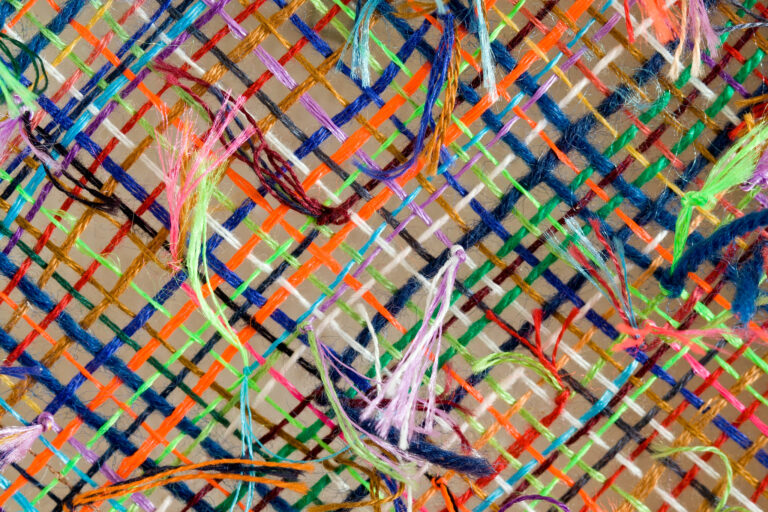Both sensuality and profanity dwell within love’s truthful self-expression. James Baldwin’s oeuvre reads race relations in the United States, revealing a skewed balance between sensuality and profanity rectified through authentic sensual connections across racial lines. This essay introduces Baldwin’s work as an exemplar of world reading, an ingredient of cultural literacy, to argue that sensuality prevents society from dismissing negative emotions as merely symptomatic of race or class resentment. Centering on profanity, the argument relies on how Baldwin deftly constructs sensuality as an inversive emotional balm for healing the US race problem through the feminine energeia found in his pervasive testicular discourse.
Keyword: Black studies
Enlightenment by Any Other Name
This essay provides a cursory sketch of the circulation of science as a fetish object in critical theory—particularly by way of an attention to the conceptual popularity of science studies and various permutations of object oriented ontologies. It does so to identify how and under what terms scientific knowledge becomes a necessary site of interdisciplinary collaboration with the humanities, and challenges how these interdisciplinary trafficks disguise forms of epistemic priority ceded to the (hard) scientific method. Identifying in this movement a disavowal of racism in science’s conceptual repertoire and its ongoing claims to objective facticity, the essay criticizes contemporary recourse to science as the newest frontier in critical theoretical scholarship. In contrast to this, the essay poses a much more skeptical approach to the ethics and methods by which such projects develop and critically circulate.
Review of Maroon Choreography by fahima ife (Duke University Press)
In Maroon Choreography, fahima ife follows the policing of Black and Indigenous life across Western modernity in a series of meditations on the “discipling” of the English language in literature and pedagogy, asking us to consider how the afterlife or afterlives of slavery and the present reality of coloniality echoes in our more closely held assumptions about the relationship between language and power. Each of the book’s four sections meditates on a particular aspect of these contradictions, unpacking how certain intellectual projects and submerged knowledges cannot be understood in “disciplined English.” These stylistic choices function on both a creative and critical level, leaving us with a text that will challenge a wide range of audiences across the humanities and be instructive in our classrooms and workshops.
Review of Misogynoir Transformed: Black Women’s Digital Resistance by Moya Bailey (New York University Press)
Misogynoir Transformed is a pioneering work by Moya Bailey that offers a groundbreaking analysis of misogynoir and the transformative strategies for social change in contemporary digital society. Through careful analysis of media representations, web series, and social media platforms, Bailey reveals how Black women and Black nonbinary, agender, and gender-variant folks encounter and resist damaging narratives. Bailey also introduces the conceptual framework of digital alchemy to conceptualize the praxis that Black women employ to transform harmful everyday media into valuable social justice media, which functions to reduce the negative effects of misogynoir and create their own safe and inclusive community. This transformative activity highlights the dual effects of visibility—it is empowering but also precarious. Bailey’s work is evidence of how digital platforms have the positive power to reduce misogynoir and reshape the discourse on gender diversity and social justice.
Review of Black Gathering: Art, Ecology, Ungiven Life by Sarah Jane Cervenak (Duke University Press)
In Black Gathering: Art, Ecology, Ungiven Life, Sarah-Jane Cervenak engages with the ecoaesthetic, ecopoetic, and ecoliterary work of Black artists and writers who, through their engagement with the environment, imagine the earth and Black life outside the logics of governance, property and ownership. Guided by two primary concepts, Cervenak considers “Gathering” and “Ungiven” as crucial frameworks to think otherwise about Black sociality, togetherness, and gathering aesthetically. By attending to the creative and artistic practices of Toni Morrison, Nikki Wallschlaeger, Samiya Bashir, Gabrielle Ralambo-Rajerison, Gayl Jones, and Leonardo Drew, Cervenak underlines “gathering” as both an act of resistance to the enclosures of anti-blackness and an insistent practice of “deregulated togetherness.”
Review of Against Marginalization: Convergences in Black and Latinx Literatures by Jose O. Fernandez (The Ohio State University Press)
Jose O. Fernandez’s Against Marginalization: Convergences in Black and Latinx Literatures is an innovative project that takes conversations about literary and cultural history in a new direction. Recognizing the efforts of Black and Latinx scholars in crafting distinct literary traditions and histories, Fernandez uses his book to argue for cross-ethnic literary studies and identify similarities between Black and Latinx traditions. This endeavor revolutionizes conversations about literary history of the United States and challenges narratives of exclusion and silencing. This book serves to show the importance of knowing the names of authors and artists, and the communities that fought for them, because they make up the fabric of US history. To learn those names next to Faulkner, Twain, Hemingway, Steinbeck, and Fitzgerald not only makes them part of American literary tradition but also spotlights their absence and exclusion in a way that expands the boundaries of “literary tradition.” This review takes seriously Fernandez’s project, which opens exciting avenues for cross-ethnic historic study while also examining opportunities for future study.
The Black Shoals Dossier
This dossier collects four reflections on The Black Shoals: Offshore Formations of Black and Native Studies (2019) with responses by its author Tiffany Lethabo King. This dossier is based on an American Studies Association 2021 roundtable organized by Beenash Jafri.
“Revolution of Thought and Action”: W. E. B. Du Bois’s World Search for Abolition Democracy
In recent years, scholars and activists have brought renewed attention to W. E. B. Du Bois’s concept of abolition democracy. Initially coined in Black Reconstruction (1935), to describe both a political movement and a democratic ideal, abolition democracy has been taken up theoretically by Angela Davis, Allegra McLeod, and others to describe the ongoing process of dismantling global capitalism’s political, racial, gender, and economic hierarchies, alongside the simultaneous creation of reconstructed social relations, institutions, and practices governed by universal democratic participation, instead of by force. This article suggests that Du Bois continues to draw on abolition democracy as a conceptual framework in his post-Black Reconstruction work. Tracing the outlines of this framework in his unpublished manuscript A World Search for Democracy, I demonstrate how for Du Bois, the question of democracy remains fundamentally tied to the ongoing legacies of slavery. As he continues to draw on the Reconstruction era as an historical example, Du Bois gives further shape to the idea of abolition as a process in the present (rather than an event in the past). In doing so, he recuperates the unfulfilled promise of abolition democracy as a theoretical and practical model for considering alternatives modes of citizenship beyond the material, ideal, and embodied limits of liberal bourgeois democracy. Accordingly, I argue, in World Search, we can see the outlines of abolition democracy as a three-fold project: political-economic, epistemic, and affective. Each section of this article sheds light on one of these dimensions, drawing on theoretical models from Nancy Fraser, Sylvia Wynter, Sara Ahmed, and Dylan Rodríguez. By thus abstracting the concept of abolition democracy further from the historical movement analyzed in Black Reconstruction, I propose that Du Bois’s World Search offers lessons that can inform abolitionist theory and praxis today.
Review of How to Go Mad without Losing Your Mind: Madness and Black Radical Creativity by La Marr Jurelle Bruce (Duke University Press)
How to Go Mad without Losing Your Mind offers a poignant study of what author La Marr Jurelle Bruce calls “mad methodology,” extending care and consideration to Black artists historically, fictionally, and contemporaneously rendered mad by oppressive anti-Black capitalist discursive practices. Reflecting on the creative practices of Buddy Bolden, Nina Simone, Lauryn Hill, and Dave Chappelle, among others, Bruce provides a clear-cutting analysis of the ways normative cultural logics work to figure Black art and protest as inherently mad.
Review of Dear Science and Other Stories by Katherine McKittrick (Duke University Press)
With Dear Science and Other Stories, Katherine McKittrick does the work of liberation and enacts new ways of being. Building on her previous studies, this collection engages in a story-sharing, collaborative praxis that emerges from a “black sense of place.” McKittrick’s Black and anti-colonial methodologies are “rebellious,” “relational, intertextual, and interdisciplinary”—thereby “breaching” the “recursive,” “self-replicating” logics of “our present order of knowledge” (44, 2, 23, 163). Dear Science invents, reinvents, and reimagines “being human as praxis” through an aesthetic practice of deciphering theoretical texts, photographs, sounds, dance, and song (159). Illustrating her commitment to Black intellectual life, McKittrick writes, listens, and feels in communion with other creatives. In so doing, McKittrick skillfully bursts open the gatekeeping conventions that limit thought, and challenges readers to question what they think they know.
“A Program of Complete Disorder”: The Black Iconoclasm Within Fanonian Thought
This essay examines the scholarship of revolutionary theorist Frantz Fanon and the debate surrounding his conception of decolonization and “new humanism.” Across a multitude of fields, Black and cultural studies among them, Fanon has been heralded as an iconic thinker who offers us a path toward an alternative humanity. Working against the grain of this popular form of Fanonism, I suggest that there is a Black iconoclasm—a deep desire to unsettle the very rendering of a systematic path toward decolonization—that pervades Fanonian thought. Accordingly, the essay examines and unsettles various forms of Fanonism by suggesting that their teleological narratives of redemption ultimately end up serving anti-Fanonian pursuits. Through an extended meditation on Fanon’s claim that decolonization is “a program of complete disorder,” I explore what it might mean to embrace a Black iconoclastic approach to Fanon and the pursuit of Black liberation.
Review of Being Property Once Myself: Blackness and the End of Man by Joshua Bennett (Harvard University Press)
Reading a robust archive of twentieth and twenty-first century African-American literature, Joshua Bennett’s Being Property Once Myself: Blackness and the End of Man lays the foundations for rethinking kinship and relation between humans and animals.
From Gwangju to Brixton: The Impossible Translation of Han Kang’s Human Acts
This article theorizes the relationship between trauma and translation through a close reading of Han Kang’s Human Acts (2016) and its complex narrating of the Gwangju Democratization Movement of 1980. I engage with the novel through scholarship on state-sanctioned violence, the politics of memory and Korean and Black literary and cultural studies. I do this to consider how the massacre of Gwangu’s residents by their own government is made possible by earlier histories of occupation and imperial violence in the Korean peninsula. I then turn to the Korean edition of the novel to address what emerges outside of the English translation. Here, I rely on my own language skills to read, translate and direct attention to what is lost in Deborah Smith’s published translation of Han’s novel. Specifically, I argue that Smith’s version of Human Acts actively works against Han’s subversive articulation of the elusiveness of subjectivity, the rending of the world vis-à-vis violence, the possibilities afforded by opacity and the dilemma of what it means to write about “one’s own” historical trauma. In an attempt to reflect critically on what it might mean to live in the ongoing ripples of such traumas, I offer a text that blurs autobiography, travel writing, Black Studies, and literary analysis, crafting something that may be situated under the aegis of cultural studies and alongside what Gloria Anzaldúa names an autohistoria-teoría and what Crystal Baik calls a diasporic memory work.
Review of The Black Shoals: Offshore Formations of Black and Native Studies by Tiffany Lethabo King (Duke University Press)
In this ambitious first book, Tiffany Lethabo King disrupts what she sees as settler-colonial studies’ tendency to privilege the settler/conquistador as the ethical subject of Western theory. To do so, she undertakes the urgent work of considering historical, ceremonial, imaginative, and theoretical ways that Native and Black studies intersect and overlap within the North American context. Drawing in particular upon Afro-pessimism (for instance Frank Wilderson, Saidiya Hartman, Katherine McKittrick, Alexander G. Weheliye, and Sylvia Wynter) as well as Native studies’ refusal of sovereignty as a political, ethical, and material formation (Audra Simpson, Glen Coulthard, Jodi Byrd, and Andrea Smith), King joins the likes of Tiya Miles in seeing as insufficient any account of settler colonialism or Western humanism that does not consider how Black and Native epistemologies and histories intersect.
Review of Wayward Lives, Beautiful Experiments: Intimate Histories of Social Upheaval by Saidiya Hartman (W. W. Norton & Company)
This review considers how Wayward Lives, Beautiful Experiments: Intimate Histories of Social Upheaval poses a challenge to the reader. The invitation is to stay immersed within the everyday lives of Black women and girls, who navigated the terrains of New York City and Philadelphia at the turn of the twentieth century, without fleeting into spectacle or pathology. One may assume that such is an effortless proposition that is carried simply by the desire to think about Black women. However, Hartman tacitly demonstrates that a tremendous counter-historiography must be amassed to write the stories of those who have been underwritten by the tales of politics, great Black men, shining Black starlets, or the widely pathologized Black female figure. Thus, Wayward Lives weaves together a beautiful narrative of the social upheaval of Black women and girls at the dawning of Northern urban space, and what would later become known as the Black ghetto. At the same time, Hartman exposes the limits of the official record and narratives which relegate the lives of Black women as tertiary, as opposed to an integral political history in its own right.

